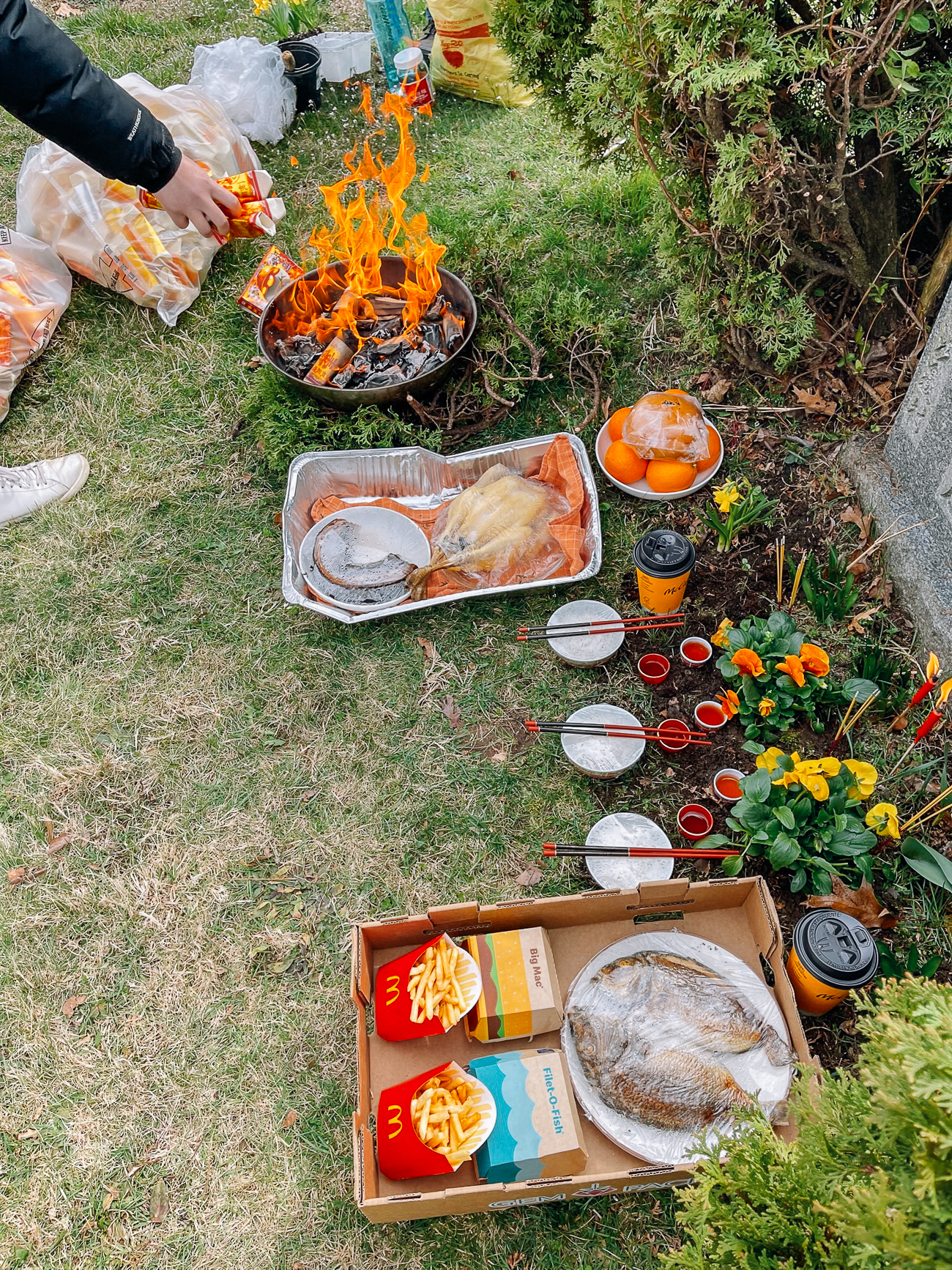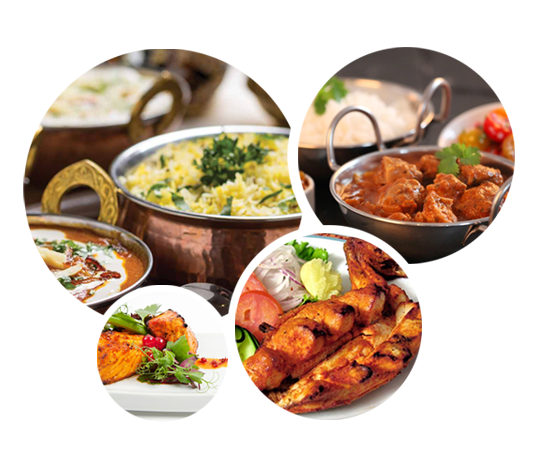All About The Qingming Festival
Most Chinese holidays center around food and family, and the Qingming Festival, or Qīngmíng jié (清明节) is no different.Also known as the Tomb-sweeping Festival or Ancestors’ Day in English, this is an important annual spring tradition with many symbolic customs. In this article, we’ll explain how to celebrate it, what you’ll need to carry out these 2,500 year old customs, and why it’s a holiday that we try to observe every year. What is the Qingming Festival? Anyone who’s ever seen the Disney movie Mulan (the original animated version, naturally) knows ancestor worship is a key component of Chinese culture and family life. You may have seen in Chinese homes portraits of grandparents and great-grandparents who’ve passed on, with incense and bowls of oranges, as a quiet way to pay respects, perhaps alongside a few statues of Chinese deities. While some families have such tributes up year round, the Qingming Festival is a springtime holiday dedicated to paying respects to your ancestors.Families set aside time to visit with their departed loved ones, whether they are physical tombstones, in temples, or in spirit. It’s why it’s referred to in English as the “tomb sweeping festival,” because families tend to graves, cleaning weeds and debris and perhaps even planting flowers to usher in spring, while also offering tributes of food and gifts. Chinese believe the feng shui of their ancestors’ graves have a direct relationship with the f
Foody Chum
Publisher: The Woks of Life



